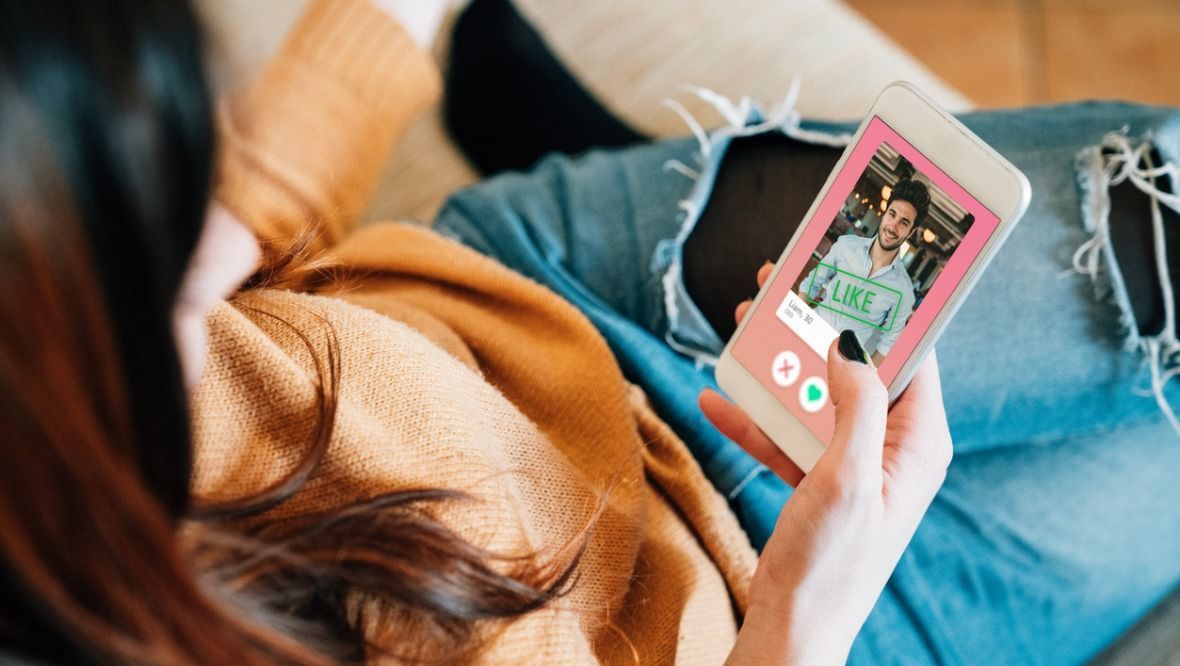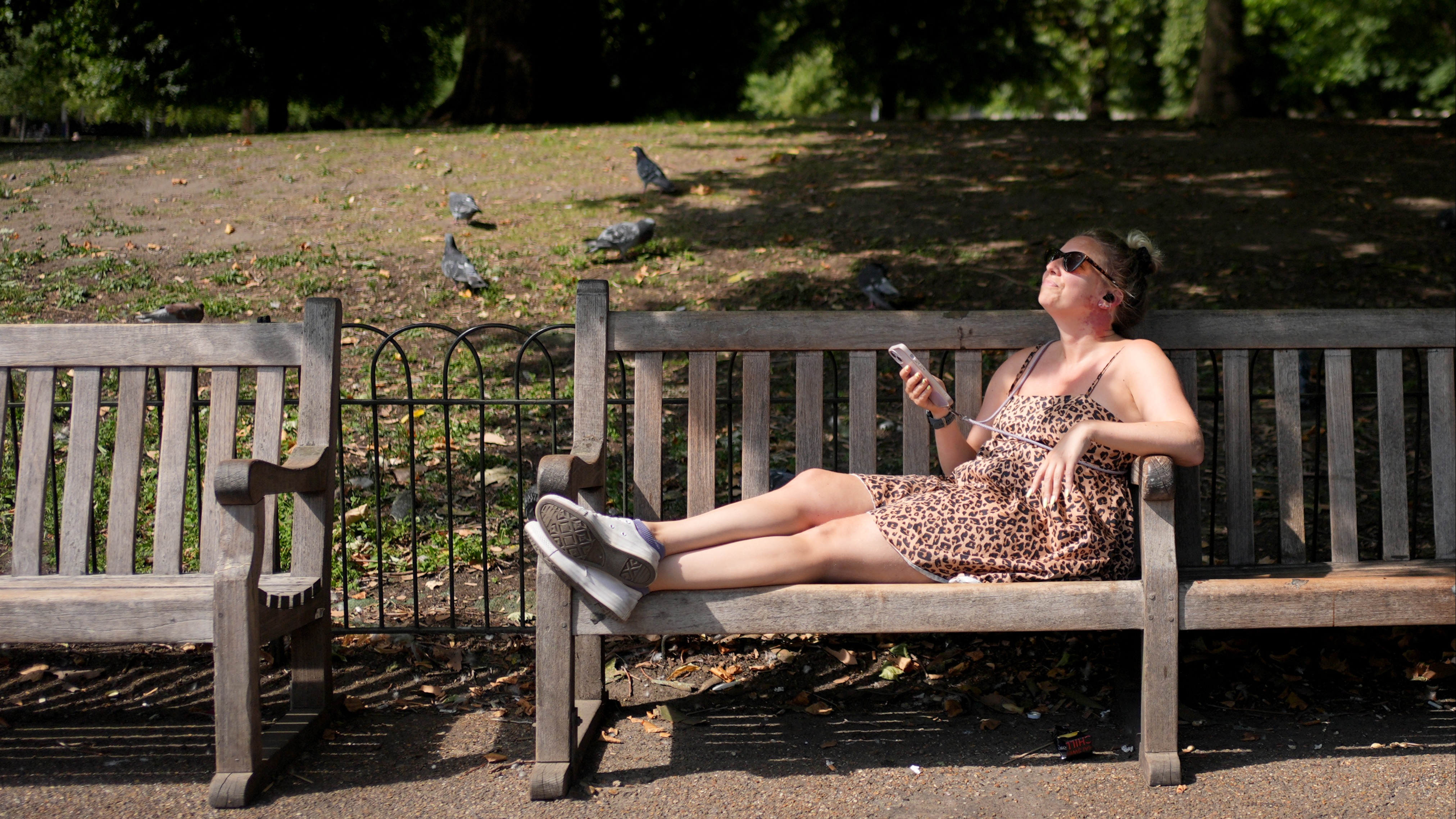Tinder is to introduce ID verification for users of the dating app around the world, amid ongoing debate around using the technology to combat online abuse.
The firm said it would begin by making the process voluntary, except where mandated by law, and would take into account expert recommendations and what documents are most appropriate in each country.
Asking for ID to verify a person’s identity in order to use social media and other online platforms has been suggested by some as a way of combating online abuse by removing anonymity and the perceived ability of abusers to avoid accountability.
But critics of the idea have argued it could leave online whistleblowers exposed, particularly in authoritarian states, and restrict access to online services in countries where ID documents are not commonplace among the entire population.
Tracey Breeden, vice president of safety and social advocacy at Tinder’s parent firm, Match Group, said feedback from experts and users would be a vital part of its approach in helping ease such fears.
“We know that in many parts of the world and within traditionally marginalised communities, people might have compelling reasons that they can’t or don’t want to share their real-world identity with an online platform,” she said.
“Creating a truly equitable solution for ID verification is a challenging but critical safety project and we are looking to our communities as well as experts to help inform our approach.”
The dating app said the issue was “complex and nuanced”, but said it would “evolve” its process over time to try to create a fair, impartial and privacy-friendly system.
Tinder is the first major platform to commit to a broader rollout of ID verification, but other sites have so far been less supportive of the idea.
In an analysis published last week, looking back at the response to the racist abuse directed at England footballers following the Euro 2020 final, Twitter suggested ID verification would not have prevented much of the abuse it detected during the tournament.
According to its figures, 99% of the account owners Twitter said were suspended during the tournament for abuse rule breaches were identifiable and not posting anonymously.
Twitter said it “fully acknowledged” there was more work to be done to prevent online abuse, but suggested it was not just a digital problem but a “deep societal issue” that need to be solved.
Rory Kozoll, head of trust and safety product at Tinder, said the app would take a “test-and-learn approach” to its own rollout of ID verification technology to help ensure the firm got it right.
“We know one of the most valuable things Tinder can do to make members feel safe is to give them more confidence that their matches are authentic and more control over who they interact with,” he said.
“And we hope all our members worldwide will see the benefits of interacting with people who have gone through our ID verification process. We look forward to a day when as many people as possible are verified on Tinder.”
Follow STV News on WhatsApp
Scan the QR code on your mobile device for all the latest news from around the country


 iStock
iStock
























